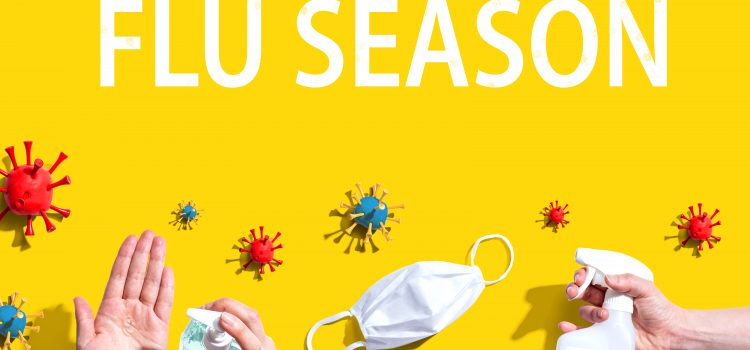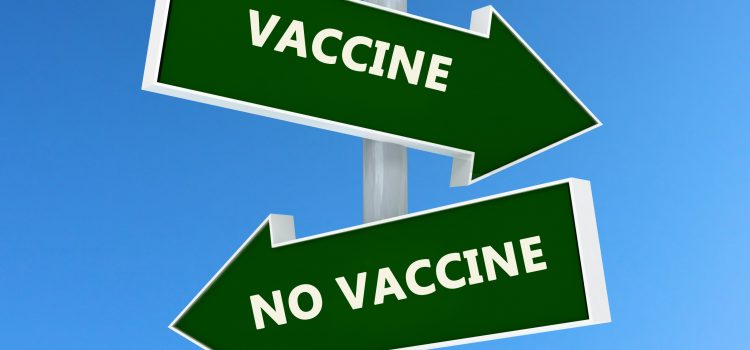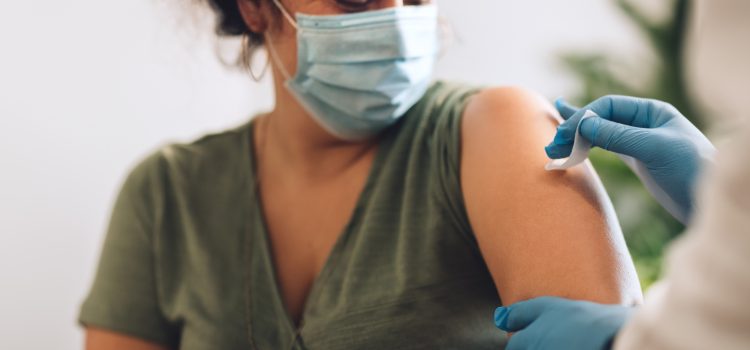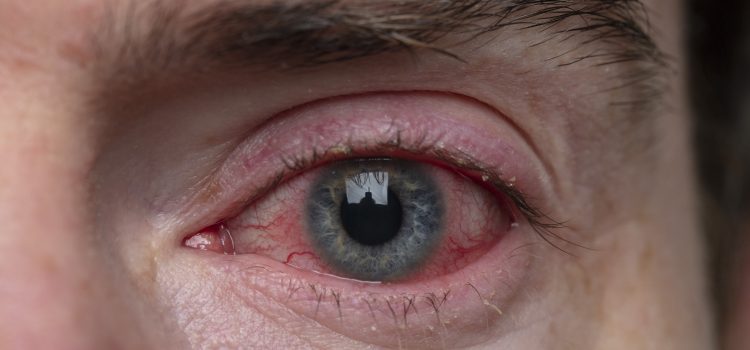A year ago at this time, fear was high that the United States would be hit with a “twindemic” of influenza and COVID-19. It never materialized, largely due to the fact that measures taken to protect ourselves from the SARS-CoV-2 virus (social distancing, frequent handwashing, wearing a face cover, etc.) had the unintended benefit of keeping flu activity low. This year, however, with many people vaccinated against COVID-19 and letting other measures slide, we might …
Read More









